Travelling to an unknown country is always a daunting task. A foreign environment and everyone around you jabbering in gibberish may make you uncomfortable if you aren’t prepared for the experience. So it is vital that you know about the destination before embarking on the journey.
Sri Lanka has an almost untainted reputation for crime against tourists and travellers. The country, however, has received a bad rap for hassling for which the culprits always are either tuck drivers or bums on the street. Let’s take a look at how to prevent falling victim to hassling & scams.
It’s well established that Sri Lanka is an amazing spot to travel to. But is Sri Lanka safe to travel? We hope to answer that question in detail.
Is Sri Lanka safe in 2019?
2019 is forecasted to be just like any other year safety wise. Sri Lanka has very few natural disasters, which makes it a very safe destination. However, you will have to take floods & Landslides caused by South-Western monsoons into consideration if you plan to travel in the months from May to July.
Since the end of the Civil War 2009, there have been no acts of terrorism on the island. Tourists are always safe in Sri Lanka as the authorities and the public are generally honest and upright.
Was Sri Lanka safe in 2018?
Sri Lanka is considered to be a very safe destination for both foreigners & the locals. Of course, it’s political system is far from perfect and there is an issue of corruption in the government from a financial standpoint. However, violent crimes committed inside the country are rarely heard of.
The worst event that has happened over the last few years took place in spring of 2018. The most disturbing act against peace in Sri Lanka during the year 2018 has been the communal riots in Kandy in the early days of March 2018. A Sinhalese driver had been beaten by 4 Muslim men under the influence of alcohol in Kandy. Soon after this, a curfew was imposed throughout the inner city of Kandy. A nation-wide state of emergency was placed to take immediate action against the perpetrators who instigated the riots. The situation was completely under control within 2 days. Nearly 1 billion Sri Lankan rupees worth of property damage had been done by this time.
This event was a huge blow to the tourism industry of Sri Lanka as tourists began cancelling their bookings in Kandy and surrounding areas. Many countries issued warnings to travellers visiting Sri Lanka at the time. Although this incident took place only in a small area in the inner city of Kandy, it took nearly two months for the Sri Lankan government to convince foreign authorities that Sri Lanka had returned to normalcy.
This has been an event of shame in Sri Lanka’s recent history and the government has taken well-regulated actions against such events happening in the future. Sri Lanka has recovered from these developments and now it is completely safe for tourists to travel to any corner of Sri Lanka.
If you are travelling to the South-Western regions of Sri Lanka during the months from May to July, make sure you tune in to see flood warnings. Due to South-Western monsoons, floods & landslides occur during these months. Although they don’t occur in tourist zones, it is wise to stay updated just in case.
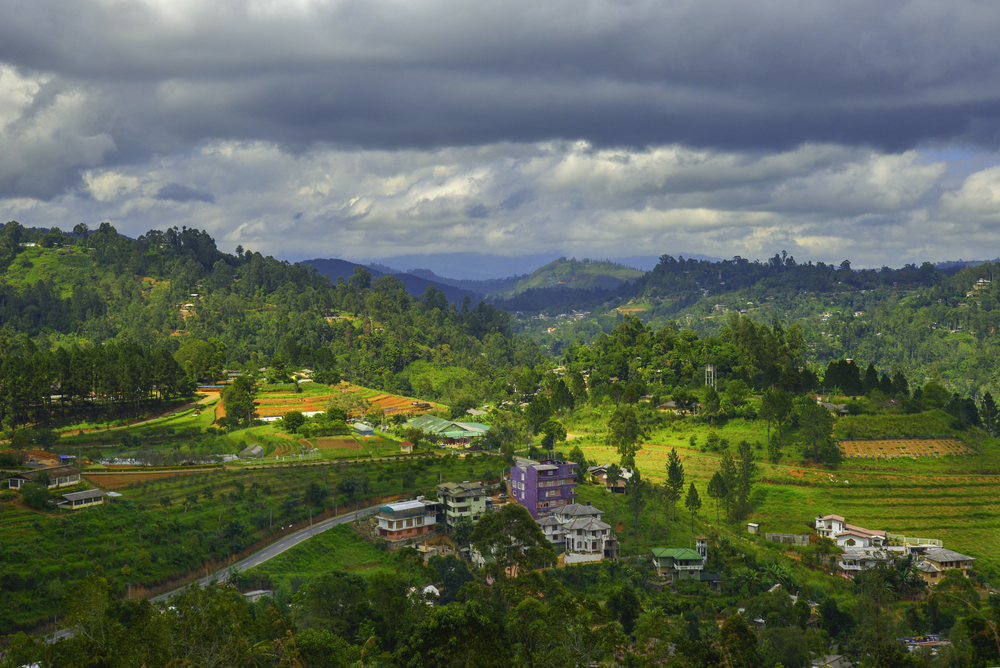
In case you feel you are in danger, you should always dial 119 (Sri Lanka’s emergency call number). Or if you need to lodge a complaint, you can always go to the Police station. Sri Lankan government has set up tourist police stations island-wide to help tourists have a smooth and safe experience while in Sri Lanka. The authorities do not tolerate violence or crimes against foreigners.
Do not let these warnings demotivate you as Sri Lanka is one of the safest countries to travel to not only in Asia but in the entire world as well.
Are Sri Lankan Airlines safe?
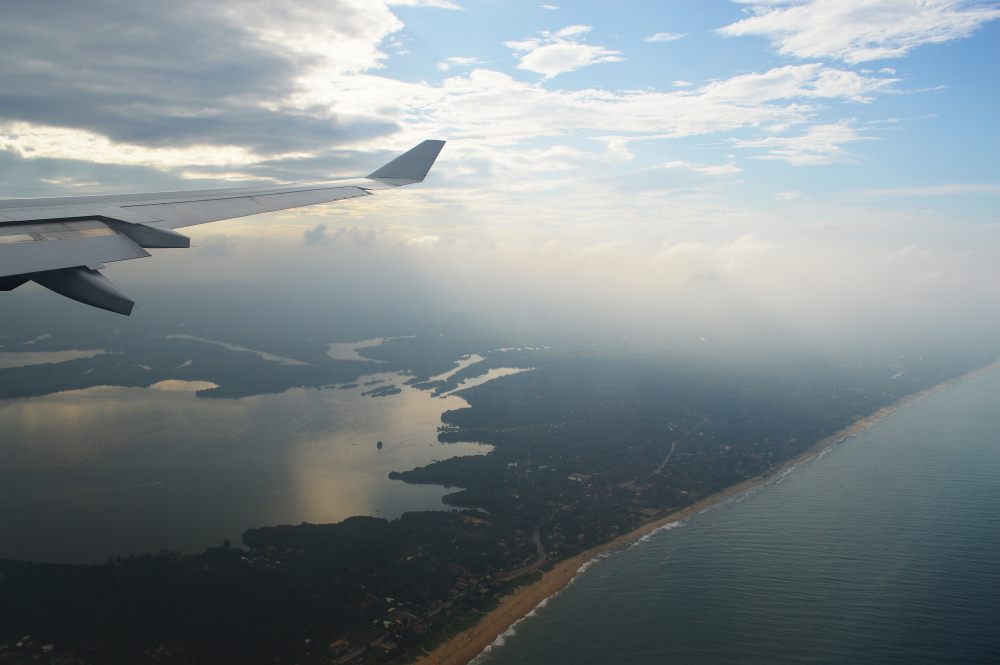
The Bandaranaike International Airport deals with all the major airlines and a few smaller airlines. You can see the list of airlines dealing with Sri Lanka here.
Sri Lankan Airlines is the flag carrier in the island by the number of aircraft and destinations. Known to many as simply “SriLankan”, the flag carrier has maintained its reputation in providing exceptional service to its clients while being one of the safest airlines in Asia.
The history of aviation accidents in Sri Lanka proves further that travel by air is a safe option on the island.
Can you drink tap water in Sri Lanka?
Tap water in Sri Lanka is generally safe to drink. Most households drink tap water and use it to cook and whatnot. Tap water is purified and chlorinated which makes it drinkable. However, it is advisable that you drink bottled water, as you may not be tolerant of the micro-organisms in the local tap water.
Is Sri Lanka dangerous?
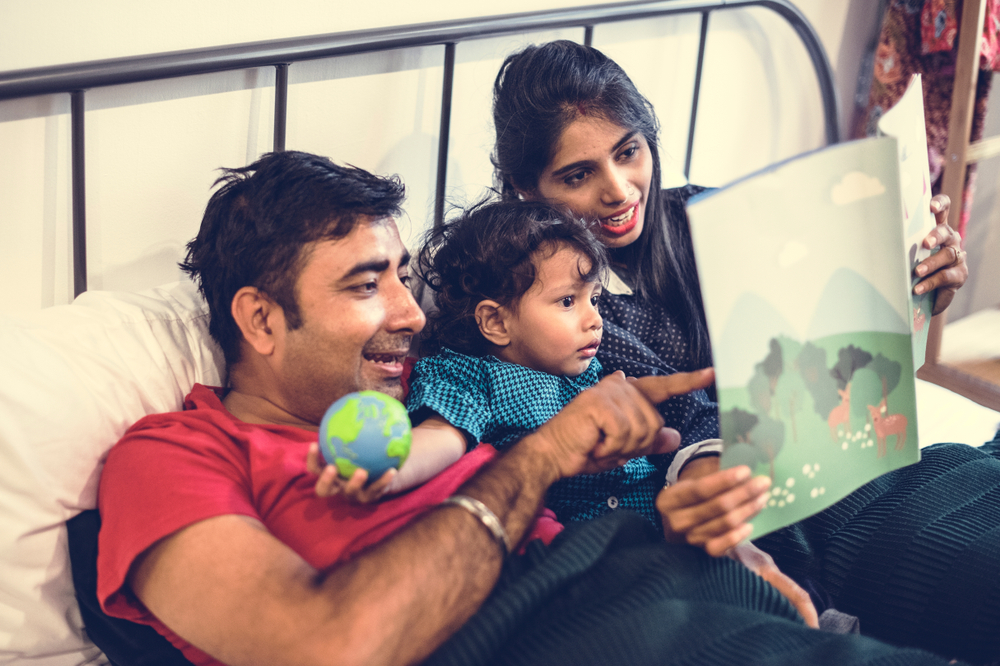
Since the end of the civil war in 2009, Sri Lanka is at peace which is why the tourism industry boomed in the following years. All travel restrictions were cleared and all areas were made accessible to both locals and foreigners. There has been no LTTE activity since 2009 and the forces and police have been able to do a good job of maintaining peace throughout the island.
What tourists should look out for when in Sri Lanka is the traffic. Sri Lankan roads may seem too hectic and sometimes chaotic to the average foreigner. Reckless driving has been a part of the road culture in Sri Lanka, especially in cities where there is a clear need for massive expansion and planning to the existing road network. The construction of a highway network has helped keep this problem in life support for a while.
That’s why we suggest booking yourself a car with a driver in case you are planning to explore Sri Lanka by car.
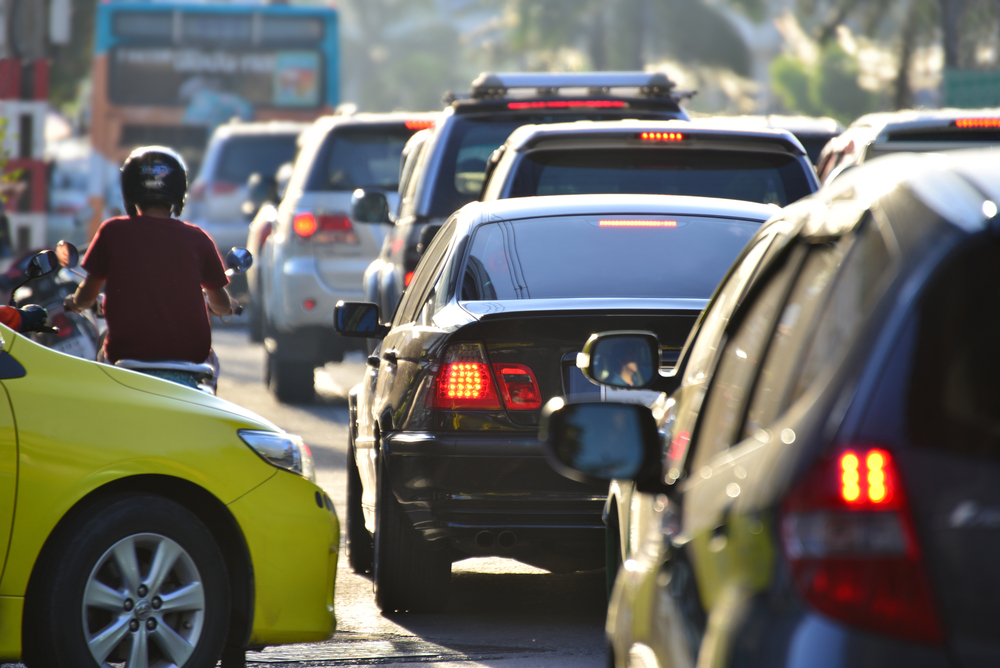
You should also be cautious about swimming in Sri Lanka. If you are near a lake, river, beach or a waterfall in Sri Lanka, it is important that you check in advance f it’s safe to get into the water. At beaches, the water levels may change suddenly and you will be surprised by how powerful the ocean currents are. During high tide at certain beaches, even skilled swimmers stand no chance of escaping the dangers of drowning in the ocean. That is why it is important to avoid swimming too far and to always rationally assess the situation.
Same goes for lakes and rivers where the loose sand bed may act like quicksand. Certain rivers even have crocodiles inhabiting which goes without saying, can be fatal. So before you get into the water, look for warning signs, search for the information on Google and ask the locals if it is safe. In general, the touristic and well-known areas should be your priority for swimming.
Muggings, breaking and entering are less common than in other countries. This may be due to the large part of the Sri Lankan society viewing theft as a serious crime. Tourists might fall victim to muggins if travelling late at night in a remote area. Although this is rare, it is better to avoid travelling alone at night. If you happen to be mugged, make sure you immediately go to the nearest police station to lodge a complaint so that you may claim the damages from your insurance.
Does Sri Lanka have the Zika virus?
During the Zika virus episode, many tourists who had planned to travel to Sri Lanka were worried about the potential risk. Fortunately, there has been no evidence to suggest the presence of the Zika virus in Sri Lanka. There were no documented cases of Zika patients in the country.
But it is important to note that Sri Lanka does have a problem of Dengue. Although the dengue epidemic is under control now, you should make sure to take necessary measures to prevent mosquito bites using a mosquito repellent or using a mosquito net at night.
Is Sri Lanka a third world country?
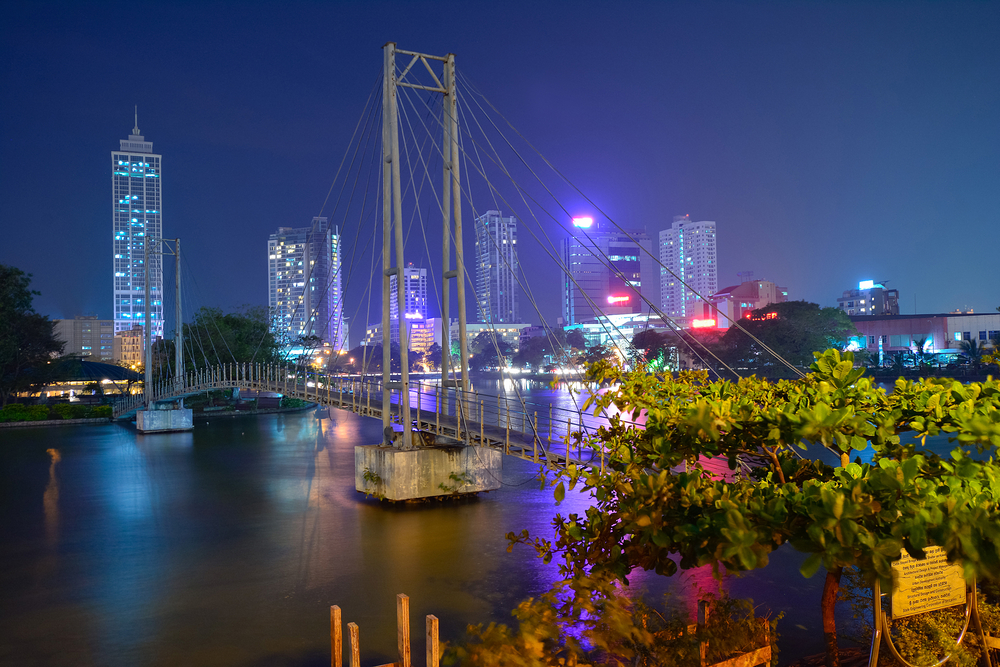
Sri Lanka fits into the modern definition of third world category despite it’s rapidly growing economy. Sri Lanka has obtained massive loans with huge interest rates which were a corrupt and unwise decision by the past few regimes of Sri Lanka.
Following the positive economic growth and increasing stability in the country, the definition of the developing country is expected to be left behind in some years. For now, it also means relatively low prices and cost of leaving for the foreigners.
Does Sri Lanka have volcanoes?
Sri Lanka has had no history of volcanic eruptions due to the absence of volcanoes. The paradise island is one of the few countries fortunate enough to be safe from such a potential threat.
Does Sri Lanka have Malaria?
Sri Lanka is one of the Asian countries leading the fight against Malaria on a grand scale. This has led the World Health Organization to declare Sri Lanka as a Malaria-free nation in 2016. This move was made after it was proved that Sri Lanka had no reported or identified cases of Malaria patients for three and a half years.
You can rest easy while you make your travel plans to Sri Lanka knowing that the country is Malaria-free.
Does Sri Lanka have sharks and are they dangerous?
Sharks have managed to garner a bad reputation with myths and prejudices associated with sharks over the years. Despite the bad rapport, the possibility of falling prey to a shark attack is slim to none. To be precise, the odds of that happening are 1 in 11.5 million. Just to compare, your odds of being struck by lightning this year are 1 in 960,000. This means that a possibility of you facing a shark attack in Sri Lanka tends to zero.
Sri Lanka is home to at least 61 species of sharks from 20 families. Of this 30 % are regularly seen, 30% are occasionally seen and the balance 40% are uncommon or rare. Although sharks can be found on the ocean lines around Sri Lanka, there has not been a fatal shark attack in decades. You can check the shark attack statistics here. You are completely safe from the dangers of a shark attack as long as you don’t try anything provocative or get into shark waters with a bleeding wound, which also wouldn’t most probably cause a shark to attack.
There are spots in Sri Lanka where you can sail to if you are interested in watching sharks. Depending on the species of sharks, you can even dive to have a better experience. Here’s a video of a shark encounter near Hikkaduwa.
In general, if you want to avoid meeting even the small sharks, stay closer to the shore and choose the well-known touristic beaches for swimming.
Is Sri Lanka affected by earthquakes?
Earthquakes are not much of a topic of conversation in Sri Lanka, and there have been no reported cases of earthquakes occurring inside the country so far.
How Sri Lanka was affected by the tsunami and will it strike again soon?
The massive earthquake in the Indian ocean in 2004 caused a tsunami which severely affected the western and southern provinces of Sri Lanka. The giant tsunami was a first time occurring to Sri Lankans as such a calamity had not come to the Sri Lankans before.
This led to the Sri Lankan government running awareness campaigns after everything had been settled to warn the people of the dangers associated with tsunamis. Evacuation and safety protocols were put in place to protect the public in case of a similar event.
There are no immediate warnings of tsunamis forecasted up to now. But tourists should feel safe as the warnings issued will be many hours or even days before a tsunami may start to form.
